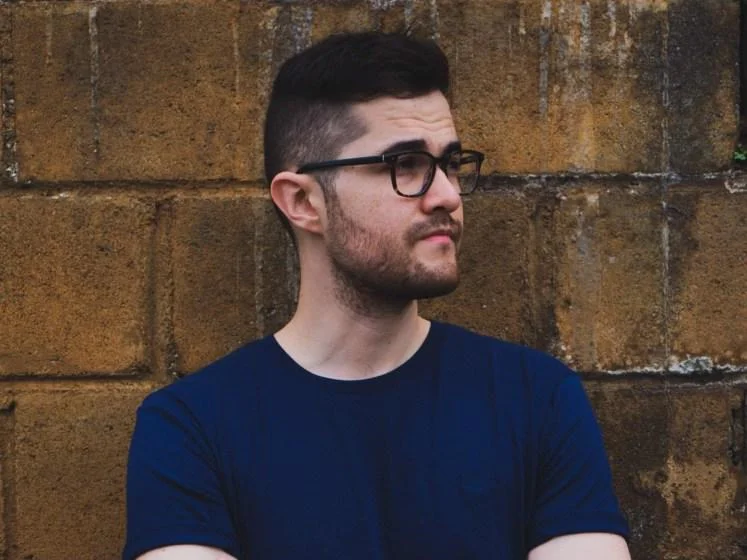Why young people engage with nostalgic narratives of the past: a Q&A with Rodrigo Munoz-Gonzalez
Investigating why young people engage with nostalgic narratives of the past.
Rodrigo Munoz-Gonzalez is a PhD candidate in the Department of Media and Communications
Why would a teenager like to watch a TV series about a time which only their parents experienced?

What are you currently researching?
My research investigates why young people engage with nostalgic narratives of the past. I’m especially curious about the popularity of TV series such as Stranger Things and Riverdale, or films such as Bohemian Rhapsody, that represent the 70s and the 80s in a nostalgic fashion.
Why would a teenager like to watch a TV series about a time which only their parents experienced? What does the presence of nostalgia tell us about the society we are living in?
Why did you choose this area of study?
One day, I was browsing Netflix and realised that a lot of the platform’s most successful series are about the past. I had just finished Stranger Things and was interested by the fact it had become a global hit, but many of its viewers – including myself – didn’t live during the 80s.
While it’s easy to fall in love with the aesthetics of that decade, it was actually a tumultuous time, marked by the rise of conservatism in the US and the UK, and many more conflicts around the world. It became imperative for me, then, to understand why and how this nostalgia for previous decades is grasped by young audiences.
How will your research improve or have a wider impact on society?
I conducted my research in Costa Rica where young people’s engagement with nostalgic media products is marked by an idealisation of the past that is derived from an unsatisfying present and the sense of an uncertain future. That has become a common currency all around the world. People are experiencing a stark depreciation in their standard of living, along with other socio-economic disparities.
Thus, the past starts to look good, a safe place to return. If you think about it, contemporary populist movements make use of a nostalgic rhetoric; Trump’s "Make America Great Again" is an example of this.
I believe my research will help to shed light on how different nostalgic discourses, even though they construct an imaginary past that probably never existed and point out social injustices that are very real and deserve much attention.
What do you hope to do career-wise, long term?
I believe academia can change society for good. I think it is our responsibility as future academics to build bridges between universities and diverse political and civil actors by developing deep knowledge about how our society and culture works.
I aspire to continue my work on audiences as a way to problematise how meaning is created by people. I would like to combine this concern with the sociological study of climate change - which is, to me, the biggest challenge of this century.
Can you provide any advice to prospective students about the most effective way to approach research and keep stress levels down?
I always tell my friends that being a PhD researcher is like being a Buddhist monk: you need to work in silence, be disciplined and really committed to your work. It also entails meditation and balance because there will come times of self-doubt and anxiety. But, at the end, you are working towards a goal fuelled by your passion. And I do believe that enthusiasm and dedication are way more powerful than all the hesitations and difficulties that might appear on the road. The final result is intellectual enlightenment, and I think it’s worth it.
What resources are available at LSE to help young researchers and how has this helped you?
LSE has many resources for young researchers: events, internships, career talks, the Library, etc. But, for me, what really distinguishes LSE is its academic community. You have the opportunity of working with top researchers who are authorities in the social sciences. For instance, in my case, my Thesis Committee is formed by Sonia Livingstone, Nick Couldry, and Lilie Chouliaraki. They were literally my heroes before being admitted to LSE.
In a few words, what is the best thing about studying at LSE?
LSE is about critical thinking, problem solving, curiosity and social impact. I can truly say that my way of thinking has changed during my time here. I have become a more perceptive researcher, but also a better person. Although I know that I will leave the institution eventually, it will be an integral part of me all my life.